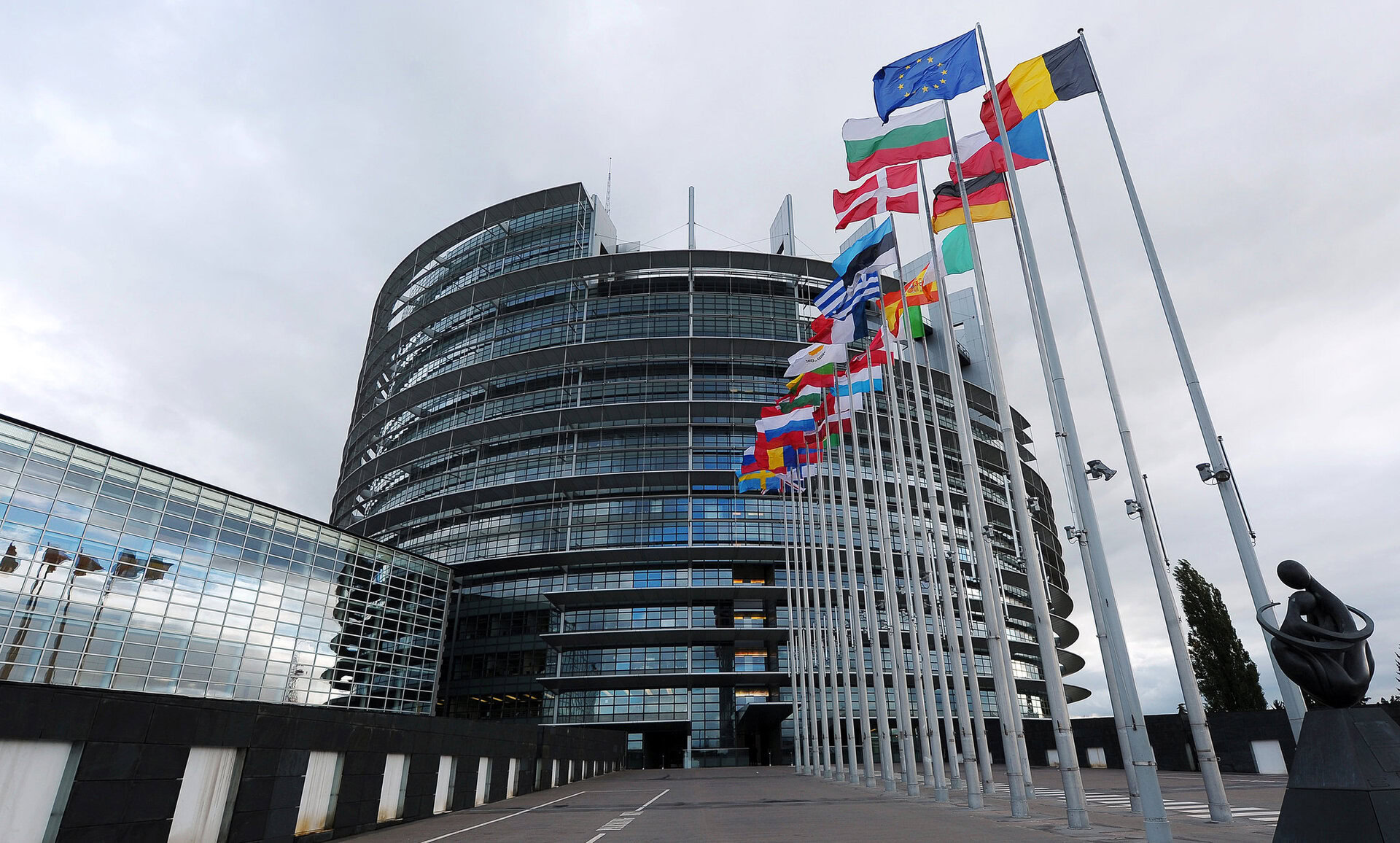Affiliate links on Android Authority may earn us a commission. Learn more.
US customers can pay 20 times more for their data plans than those in the EU

It’s no secret that some US customers spend a small fortune on mobile call and data plans, and with a new world of digital music and video content out there, big data bundles are becoming a way of life. However, the difference in price between the US and the EU turns out to be quite staggering. According to data collected by the International Telecommunications Union, the difference can be up to twenty times more expensive.
In the UK, France, and Sweden, unlimited data packages can be found for as little as £27 ($41), which is quite reasonable. The US has seen some price cuts, with unlimited call and data packages dropping from $180 to $80 a month at one operator, but that is at the very least double the price. At its most extreme, around 50 gigabytes of data, unlimited texts and international calls can be found in France for as little as €20 (€21.50) per month, while an equivalent plan the US can cost as much as $390.

The reason for the huge gap is said to quite simply be one of competition. The cheapest and most diverse mobile markets in the EU each have at least four major carriers and quite often a number of smaller networks buying up lines from wholesale. Although the US has a number of major players, coverage is more hit and miss across different regions, meaning that there may only be two major carriers and a smaller local option to choose from in some places. Less competition usually leads to higher prices.
“Of course where you have less choice you are going to have higher prices” – Steven Hartley, Telecoms and IT consultancy Ovum
Although the EU market may appear highly competitive from the consumer’s point of view, the European Commission has been heavily regulating parts of the industry and imposing mandatory downwards pressure on prices. The Parliament also recently announced a price cap on roaming charges for 2017, limiting the costs to the same as domestic charges.
While European consumers may be feeling the benefit of these low charges, the competitive nature of many markets has its own drawbacks when it comes to market stability. Carriers are in hot competition to cover the number of subscribers needed just to survive, particularly in France. This can become an issue when it comes to future upgrades and investments in infrastructure, where moving over to new technologies, such as 5G, carries a considerable cost. The UK, for example, was notably slower at rolling out 4G compared to the US.
“the EU has gone out of its way to encourage more competition and to regulate prices, and to regulate them down”,
Of course, not everyone buys this as a legitimate excuse to hike up prices or to impose expensive penalty charges on consumers for breaching allowances, something which is far more common in the US than in the EU.

There is clearly a major price difference between the two regions, but the US market has seen its share of increased competition lately, with a number of carriers shaking up their mobile plans. T-Mobile is now allowing customers to stream from popular video services without eating into their data allowance, while Verizon has just been given the all clear to bring WiFi calling to its network.
Do you think that your monthly mobile allowance and bill offers good value for money?